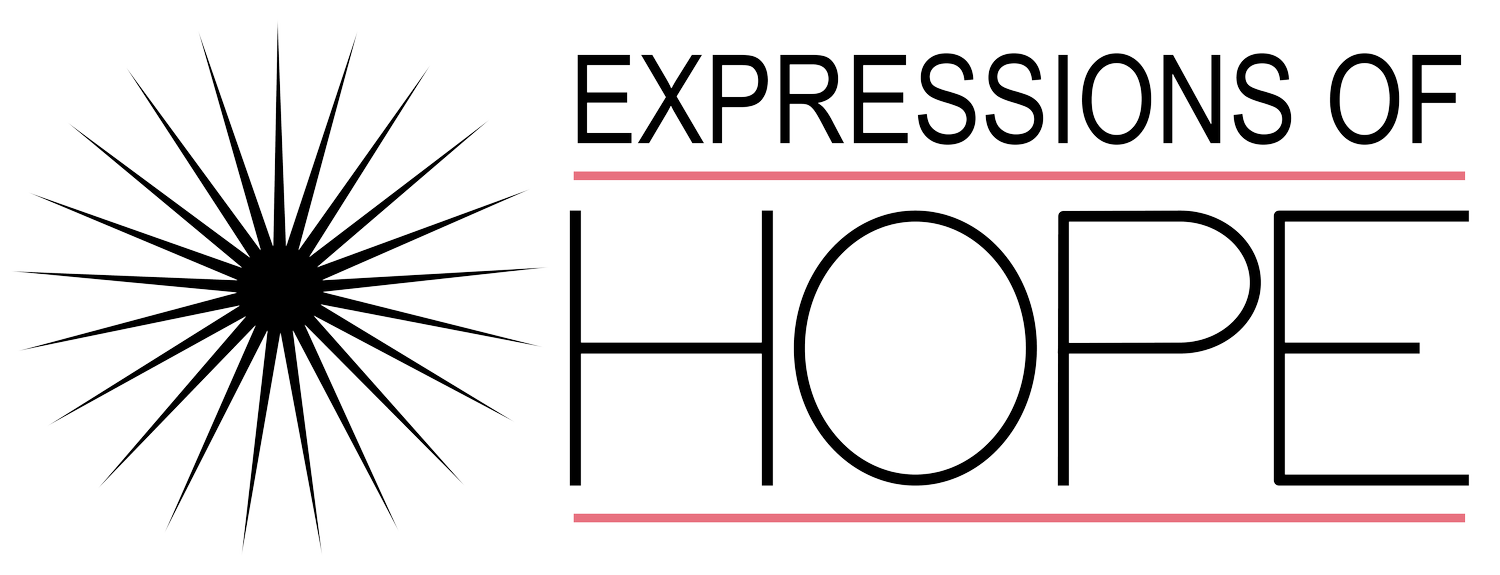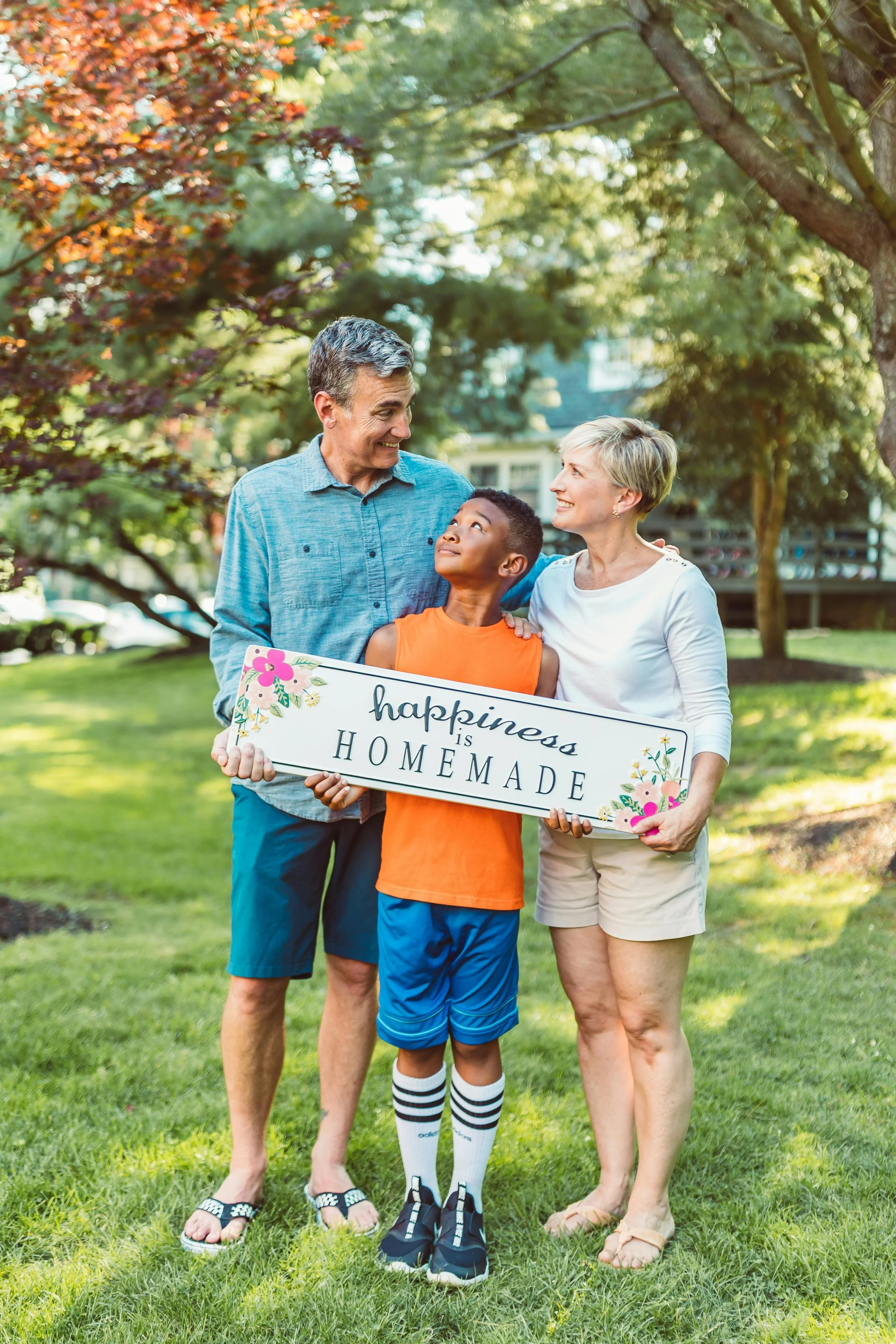Navigating the Emotional Impact of Foster Disclosure
Sharing a child's foster care or kinship story is one of the most delicate aspects of caregiving, a conversation that requires wisdom, timing, and tremendous emotional sensitivity. For many families, the question isn't whether to disclose, but when, how, and how much to share. These conversations carry the weight of a child's entire history, their sense of identity, and their understanding of their place in the world. When handled with care and intention, disclosure can become a foundation for healing, trust, and deeper connection. However, when mishandled, it can create confusion, shame, or emotional wounds that take time to heal.
Understanding the Complexity of Foster Disclosure
Foster disclosure involves far more than simply sharing facts about a child's background. It encompasses the complex emotional landscape that children navigate when learning about their past, understanding their present circumstances, and forming their sense of identity and belonging. For children in foster or kinship care, disclosure conversations touch on fundamental questions about family, love, loss, and their own worth as individuals.
The complexity begins with the reality that every child's story is different. Some children enter care as infants and grow up knowing their story from the beginning, while others may have lived with their birth families for years before entering care. Some have experienced significant trauma, while others may have been removed for reasons they don't understand or remember. Each of these different backgrounds requires a unique approach to disclosure that honors the child's specific experiences and emotional needs.
The timing of disclosure conversations also varies greatly depending on the child's age, emotional maturity, and readiness to process difficult information. Young children may need simple, age-appropriate explanations that focus on safety and love, while teenagers may be ready for more detailed conversations about family history and the circumstances that led to their placement. The challenge lies in providing enough information to help children understand their story without overwhelming them with details they're not emotionally prepared to handle.
Cultural considerations add another layer of complexity to disclosure conversations. For children from diverse cultural backgrounds, disclosure may involve discussions about heritage, family traditions, and cultural identity that require sensitivity and ongoing support. Kinship families may face unique challenges when the child's story involves other family members, requiring careful navigation of family relationships and loyalties.
Preparing for Disclosure Conversations
Thoughtful preparation forms the foundation of successful disclosure conversations, requiring caregivers to consider multiple factors that influence both the content and emotional impact of these important discussions.
Understanding Developmental Readiness
Assessing the child's emotional and cognitive development helps determine appropriate timing and content for disclosure conversations.
Emotional Preparation for Caregivers
Taking time to process your own feelings about the child's story ensures you can remain calm and supportive during difficult discussions.
Gathering Accurate Information
Consulting with professionals and reviewing documentation helps ensure that the information you share is both accurate and presented in helpful ways.
Creating Appropriate Settings
Choosing comfortable, private environments during calm moments provides the emotional safety children need to process difficult information.
Planning Key Messages
Considering how to present complex information in age-appropriate language helps ensure conversations are both honest and supportive.
These preparation steps work together to create the foundation for disclosure conversations that build trust, promote understanding, and support the child's emotional well-being throughout the process.
Age-Appropriate Approaches to Sharing Information
Tailoring disclosure conversations to a child's developmental stage ensures that they receive information in ways they can understand and process without becoming overwhelmed. The goal is providing enough information to help children understand their story while protecting them from details that might be harmful or confusin,g given their current emotional and cognitive development.
For young children, disclosure focuses on basic concepts of safety, love, and belonging. Simple explanations that emphasize how they came to be part of the family, how much they're loved, and how their caregivers are committed to keeping them safe provide the foundation for more detailed conversations later. At this stage, the focus should be on reassurance and emotional security rather than complex details about family history or the circumstances that led to their placement.
School-age children often begin asking more specific questions about their background and may be ready for additional information about their birth families and the reasons for their placement. However, this information should still be presented in ways that protect the child's sense of self-worth and avoid blame or judgment. Focus on circumstances rather than character, helping children understand that adults sometimes face challenges that make it difficult to care for children safely.
Teenagers typically need and want more comprehensive information as they work through identity development and prepare for adulthood. At this stage, disclosure conversations may include more detailed information about family history, the specific circumstances that led to their placement, and honest discussions about complex family dynamics. However, even with older children, the focus should remain on providing information that helps them understand their story without creating additional emotional burdens.
Throughout all stages, it's important to remember that disclosure is not a one-time event but an ongoing conversation that evolves as children grow and develop new questions. Remaining open to revisiting these discussions and providing additional information or emotional support as needed helps children continue processing their stories in healthy ways.
Supporting Children Through Emotional Responses
Children's emotional responses to disclosure conversations can be intense and varied, ranging from relief and understanding to anger, sadness, or confusion. Supporting children through these emotional responses requires patience, empathy, and a commitment to ongoing dialogue and emotional support. Understanding that these reactions are normal and healthy parts of processing difficult information helps caregivers respond with appropriate support rather than alarm or attempts to minimize the child's feelings.
Some children may initially respond with seeming indifference or acceptance, only to have stronger emotional reactions days or weeks later as they process the information more fully. Others may have immediate emotional responses that require careful support and validation. Both patterns are normal, and caregivers should be prepared for delayed reactions and ongoing processing that may continue for months or years.
Validation of all emotions, whether positive or negative, helps children understand that their feelings are acceptable and that they have support in working through difficult emotions. Avoiding the urge to "fix" negative emotions or rush children through their processing allows them to work through their feelings at their own pace while knowing they have consistent support and understanding.
Providing multiple outlets for emotional expression can help children process their feelings in ways that feel comfortable and natural to them. Some children may want to talk extensively about their feelings, while others may prefer to express themselves through art, writing, or physical activities. Offering various options and following the child's lead helps ensure they have appropriate ways to work through their emotions.
Professional support may be necessary for children who have particularly strong emotional responses or who seem unable to process the information effectively. Therapists who specialize in foster care and adoption can provide additional tools and support for both children and caregivers as they navigate these complex emotional landscapes.
Building Trust Through Honest Communication
Honest communication forms the cornerstone of healthy disclosure practices, but honesty must be balanced with age-appropriateness, emotional safety, and the child's ability to process difficult information. Building trust through disclosure conversations requires consistency, reliability, and a commitment to open communication that extends far beyond initial disclosure discussions.
Trust develops when children learn that their caregivers will provide honest answers to their questions while maintaining emotional safety and support. This means being truthful about difficult circumstances while framing information in ways that protect the child's sense of self-worth and security. It also means admitting when you don't have all the answers and committing to finding information or support when needed.
Consistency in communication helps children understand that they can rely on their caregivers for honest information and emotional support. This includes following through on promises to discuss topics further, providing updates when new information becomes available, and maintaining the same level of openness and honesty across all family communications.
Creating ongoing opportunities for dialogue ensures that disclosure remains an evolving conversation rather than a single difficult discussion. Regular check-ins, willingness to answer new questions as they arise, and openness to revisiting topics as children's understanding develops all contribute to building the trust that makes disclosure conversations positive rather than traumatic experiences.
The Long-Term Benefits of Thoughtful Disclosure
When handled with sensitivity and ongoing support, disclosure conversations provide children with essential tools for healthy development and lifelong relationship success.
1. Stronger Identity Development
Children who understand their stories develop more coherent senses of self and greater confidence in navigating relationships and life challenges.
2. Enhanced Emotional Resilience
Processing difficult information with support teaches children that challenging topics can be discussed safely and that emotions are manageable with proper care.
3. Improved Relationship Skills
Learning to communicate about complex topics builds skills in emotional expression, conflict resolution, and maintaining connections through difficulties.
4. Reduced Shame and Confusion
Understanding their backgrounds helps children integrate experiences into healthy self-concepts rather than carrying unanswered questions or internalized blame.
5. Foundation for Future Relationships
The security and trust developed through honest communication create templates for healthy relationships based on openness and mutual respect.
These long-term benefits demonstrate that the investment in thoughtful disclosure practices creates positive outcomes that extend far beyond childhood into lifelong patterns of healthy communication and relationship building.
Conclusion
Navigating the emotional impact of foster disclosure requires careful consideration, emotional preparation, and ongoing commitment to supporting children through complex feelings and questions. While these conversations can be challenging, they offer opportunities for deeper connection, increased trust, and healthier identity development when approached with sensitivity and care.
By focusing on age-appropriate honesty, emotional safety, and ongoing support, foster and kinship families can help children process their stories in ways that promote healing, resilience, and lasting bonds. Remember that disclosure is not a destination but a journey, one that unfolds over time with patience, love, and the unwavering commitment to helping every child understand that their story, however complex, is worthy of love and respect.
Here at Expressions of Hope, we are determined to provide care and resources to foster/adoptive families in need. If you have any questions or wish to get in touch with someone from our dedicated team, please do not hesitate to contact us.

